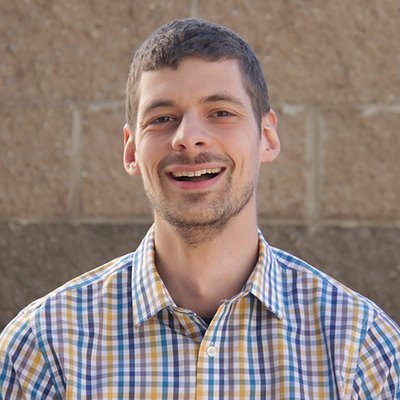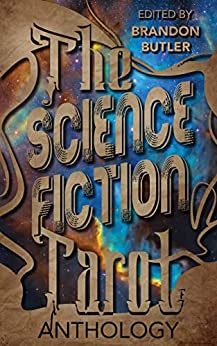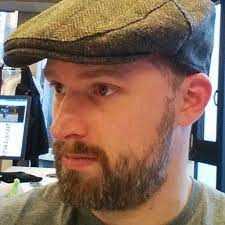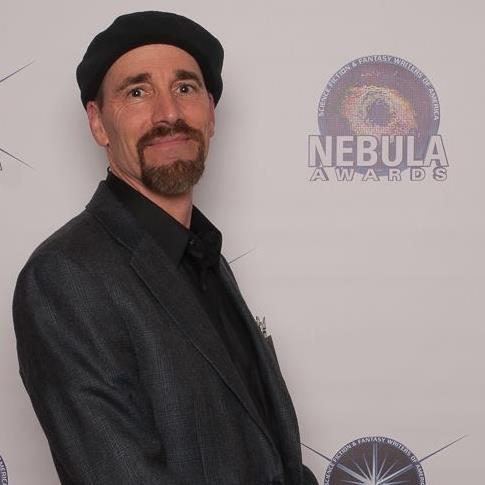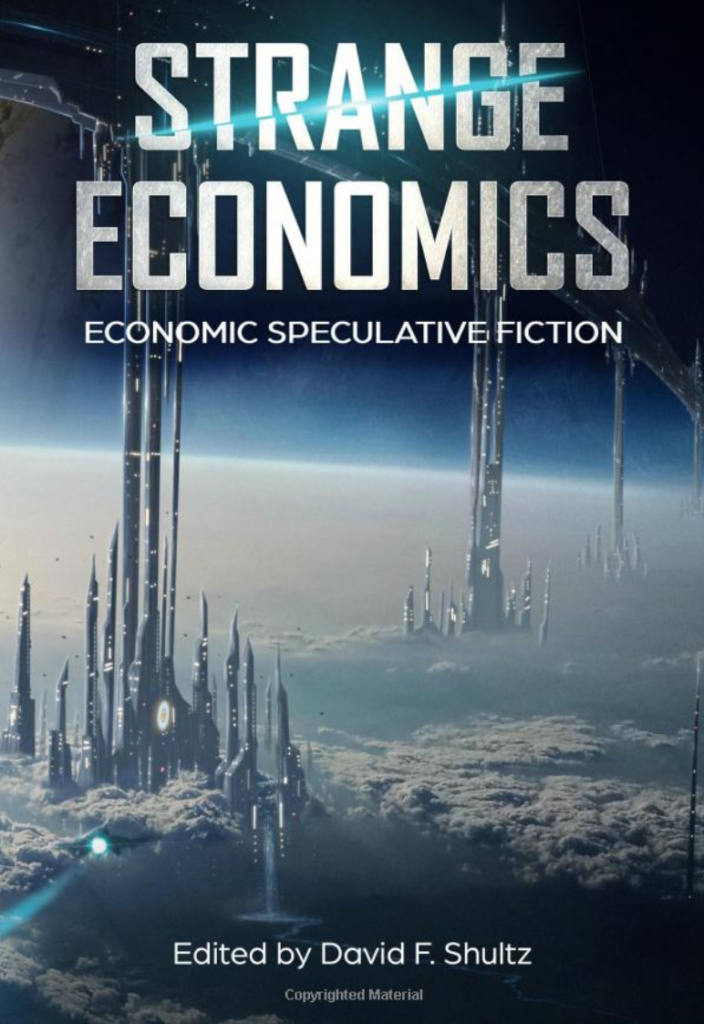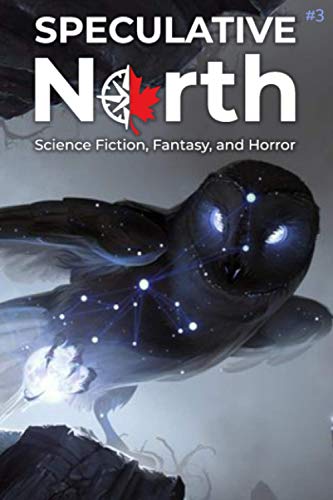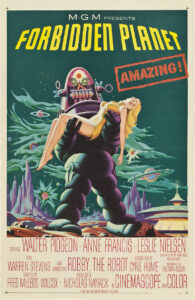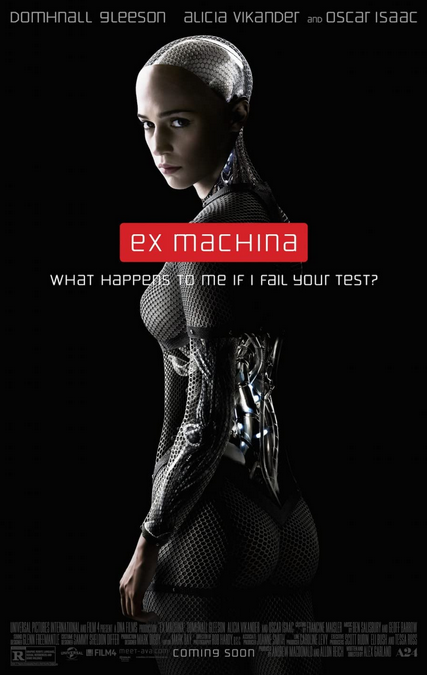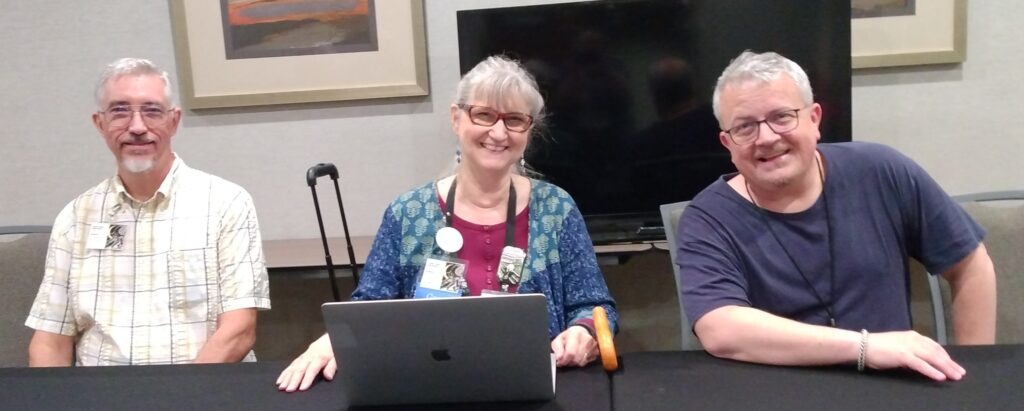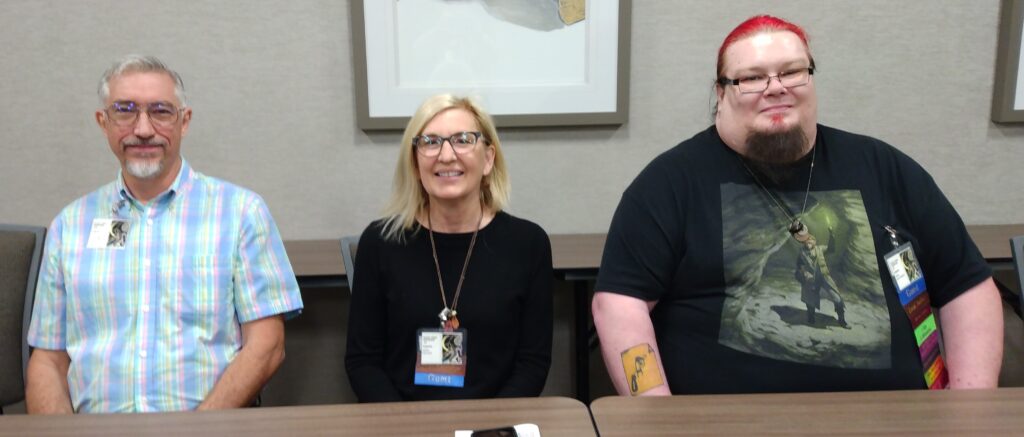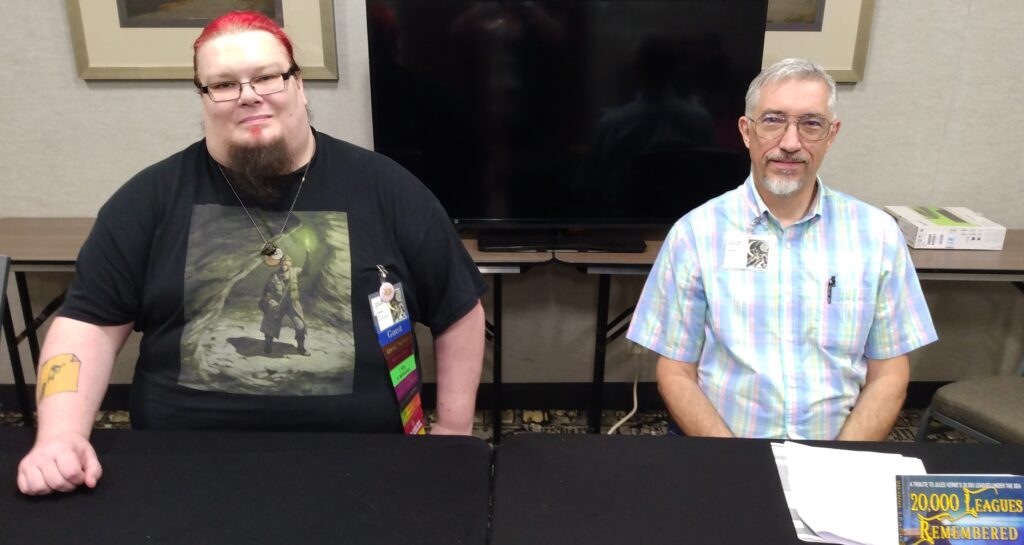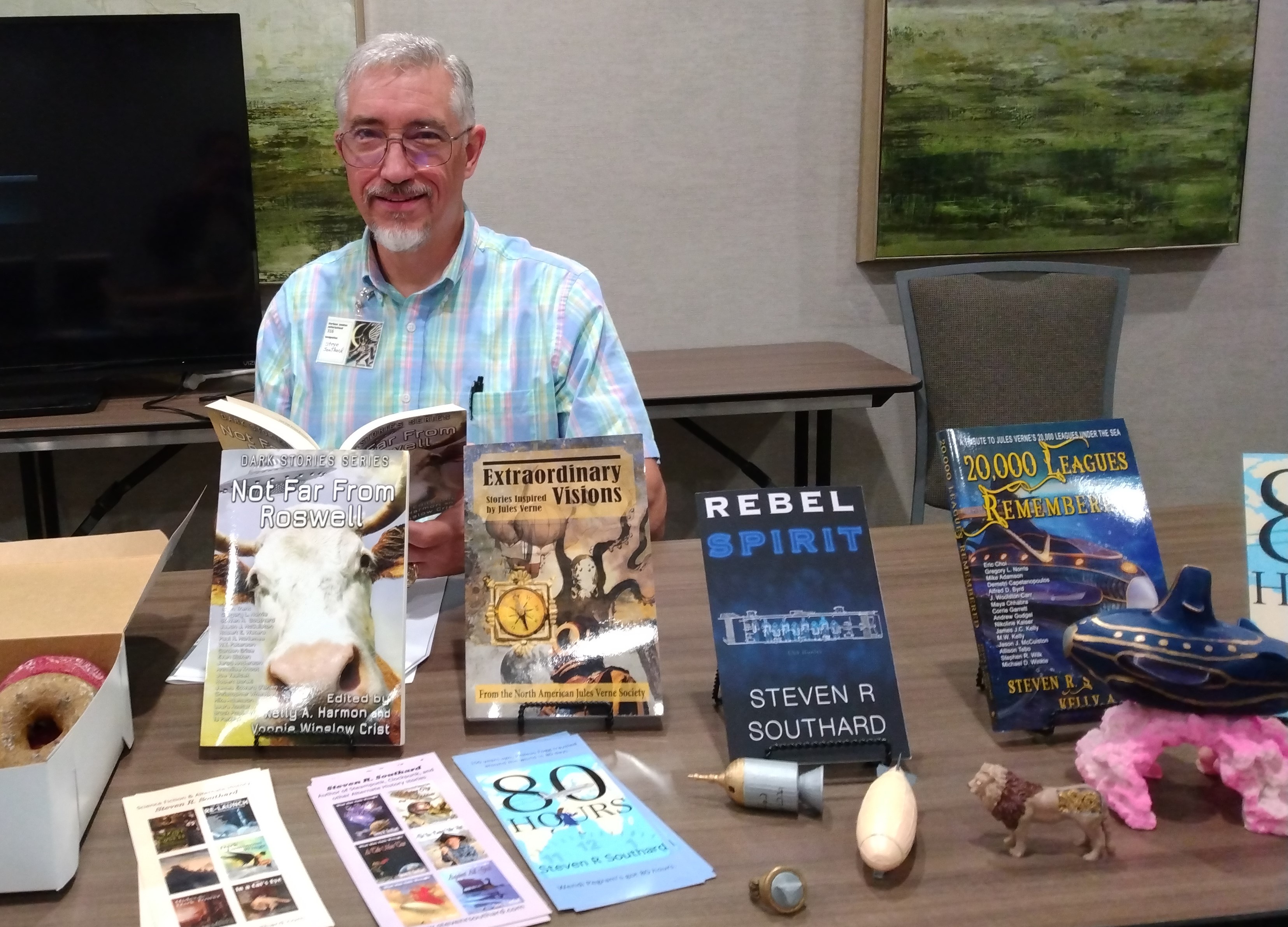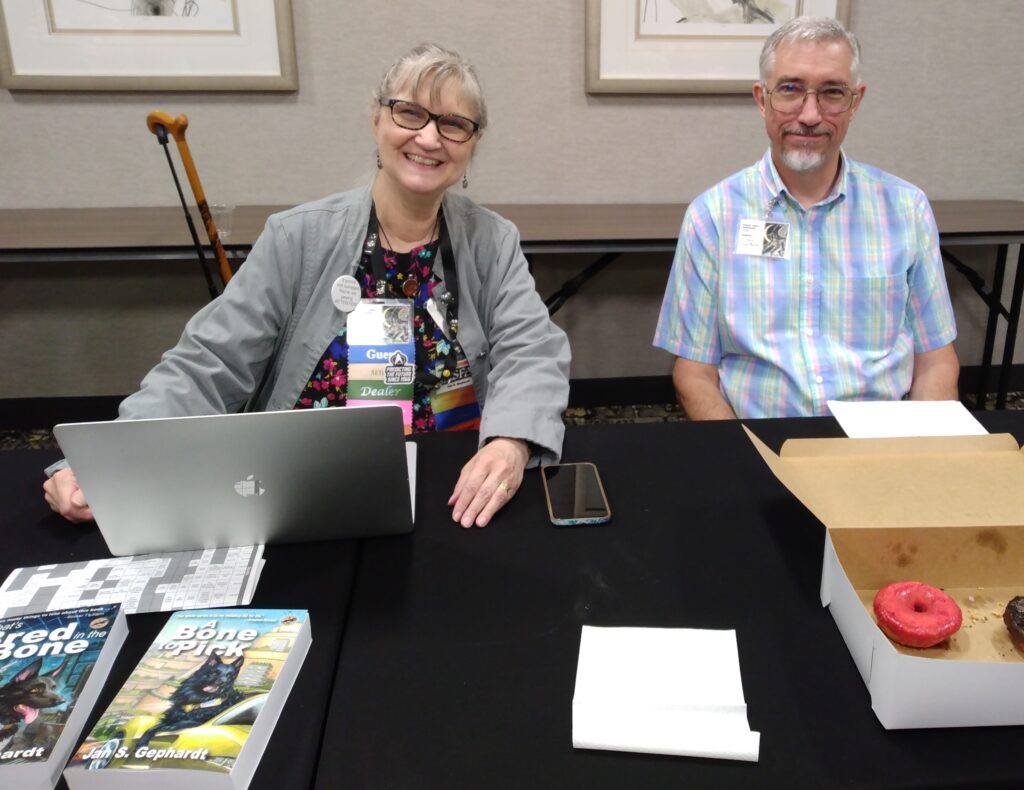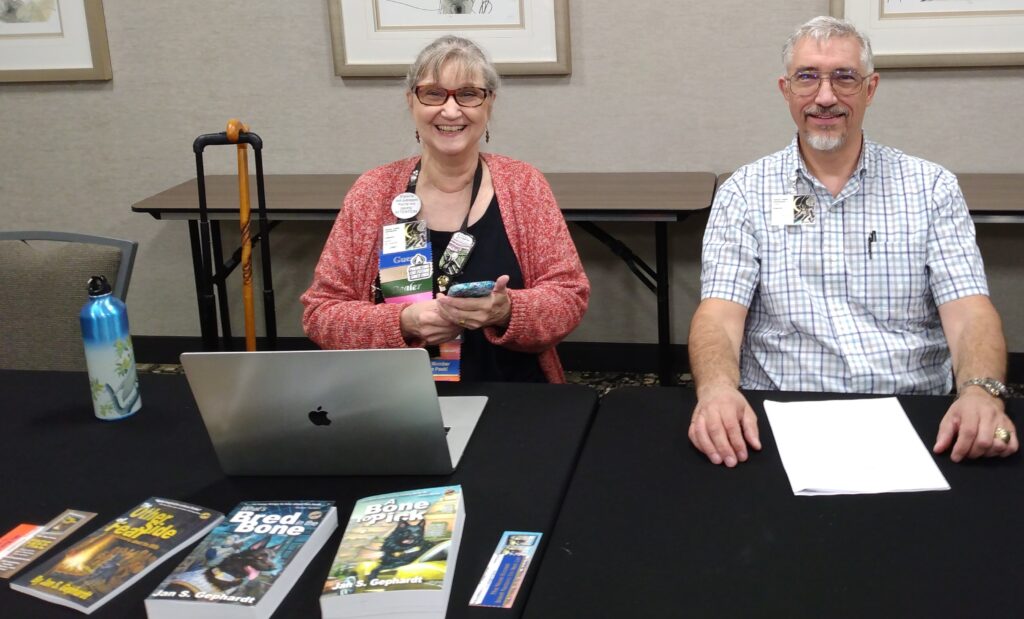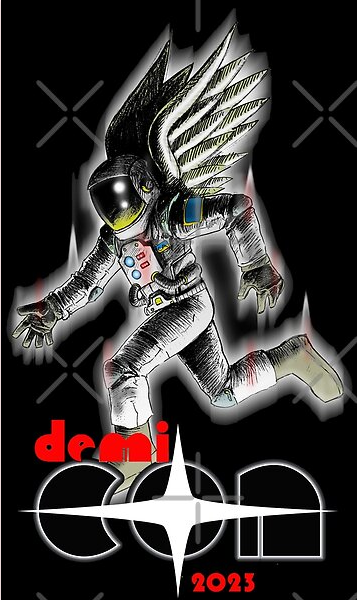How can one anthology contain fiction by so many fascinating writers? Today I seized the chance to interview Kevin Binder, author of “Judicial Review” in The Science Fiction Tarot.
Kevin J. Binder’s fiction has been published in The Science Fiction Tarot, Liquid Imagination, Blue Lake Review, and beyond; his humor has been published in McSweeney’s, Slackjaw, and elsewhere. He received his MFA from George Mason University, where he was awarded the Shelley A. Marshall Fiction Award and the Alan Cheuse Nonfiction Award. He has previously served as fiction editor of phoebe literary journal.
Here’s the interview:
Poseidon’s Scribe: When and why did you begin writing fiction?
Kevin Binder: I’ll admit I got started with pure fiction a bit later than some authors. In college, I wrote for my university’s version of The Onion and loved it. But then, as I approached the end of my undergrad years, I knew I couldn’t just keep writing for a college paper forever. I mean, they’d need to kick me out eventually, right? So, I needed to find another creative outlet, and that’s how I started writing fiction—novels at first. And a dozen years later, here I am, still at it.
P.S.: Who are some of your influences? What are a few of your favorite books?
K.B.: Based on my previous answer, it probably won’t surprise anyone to hear that my early influences were more satirical and/or humorous writers, though that ranged from the light satire of Douglas Adams and the witty introspection of Nick Hornby to the dark satire of Orwell, Bradbury, and Heller. From there, my tastes expanded as I found authors both in the realm of sci-fi and outside of it whom I truly loved, like Ted Chiang, Kazuo Ishiguro, and Lesley Nneka Arimah, so I tried to find ways of incorporating the great things they were doing into my own writing.
As I think about my favorite stories, they currently draw more from that latter list. Chiang’s “Story of Your Life”is probably my all-time favorite story, and others at the top of my list include Ishiguro’s novel Never Let Me Go and, on the short story side, Arimah’s “What It Means When a Man Falls from the Sky” and Caitlin Horrocks’s “Zolaria.”
P.S.: You’ve won a trip to the fictional world of another author. Where will you go and what will you do there?
K.B.: Given my inclination toward dystopian works, I don’t think many of my favorite authors’ stories would be that wise of a choice. Instead, I’ll harken back to my teen years and pick the world Douglas Adams built in The Hitchhiker’s Guide to the Galaxy. Give me a spaceship with an improbability drive, and I’d probably just keep pressing the drive’s button over and over. What an absolutely wild ride that would be.
P.S.: Is there a common attribute that ties your fiction together (genre, character types, settings, themes) or are you a more eclectic author?
K.B.: I’m a fairly eclectic author; I write everything from literary fiction to science fiction to humor shorts in the style of McSweeney’s Internet Tendency. I think part of that is because I try not to be too prescriptive in forcing a particular genre or length on my writing. Instead, I’ve found that my ideas will usually tell me what they want to be after I let them marinate for a few days or weeks. Some concepts easily grow into novels, some need to take place in a universe that isn’t our own, while others quickly reveal themselves to be shorter in length, more literary in spirit, and so on.
The one throughline I can find in my writing is the themes I tend to work with. Guilt and culpability are recurring concepts in my work (for which you can probably thank my Catholic upbringing), and my writing tends to look askance at large, rigid systems, especially those that operate based on economic incentives. Thinking about it now, you can see both these themes peeking through in “Judicial Review,” the story I wrote for The Science Fiction Tarot.
P.S.: You’ve edited a literary journal—phoebe. What was that like? How did being an editor affect your writing?
K.B.: It was a lot of work. Each semester, we received about 400-500 pieces on the fiction side alone, and as one of the two fiction editors, I personally read about sixty percent of those. So, I honestly wondered at times if I’d made a mistake signing up for the role, on top of my MFA coursework and two other campus jobs.
But looking back, I’m glad I stuck with it because it ended up being an incredibly valuable learning experience. When you’re reading that many stories on a consistent basis, you’ll inevitably learn a lot about the craft of short story writing. For every story I read, I felt that I, as editor, owed each writer a certain level of justification, that I needed to tie my impression of their work to their craft mechanics and decisions rather than stopping at a gut impression, so I was constantly asking myself: “What’s working here?” “What’s not?” “For the stuff that I like, what makes me like it?” “And for the stuff I don’t like, what’s causing that reaction?”
Ultimately, that editing experience allowed me to become the type of short story writer I am now, because that in-depth reading and question-based process helped me better understand the shapes and forms of shorter fiction, as well as common pitfalls to avoid within it.
P.S.: What non-writing hobby or interest do you have? Does it complement your writing or is it a relief from writing?
K.B.: I’m an avid traveler when life allows, having spent a year teaching English in Turkey and some significant time in Morocco. Clearly, I haven’t gotten outside the United States much in the past few years, but I’ve been trying to find opportunities to scratch the travel itch. And I certainly think my love of travel has complemented my writing in that it’s helped me see outside the common narratives I find around me in the United States. Hearing other people’s stories is probably the most effective way I’ve found to check my current modes of thinking and generate new ones. And while I’m certainly conscious of which stories are mine to tell and which aren’t, I wholeheartedly believe that exposing yourself to a diversity of thought, especially in terms of cultures, is beneficial in the craft of writing. You never know what sorts of outputs you’ll produce if you let enough belief and value systems from across the world intermingle in the strange nexus that is the human mind.
P.S.: Congratulations on winning the Shelley A. Marshall Fiction Award. Please tell us about that experience.
K.B.: Many thanks! The prize was for a writing contest organized by George Mason University (they run a few such contests each year, open to the entire GMU student body), so I suppose it was fitting that my winning piece was one that I’d conceived during my years in GMU’s creative writing MFA program. And it wasn’t a sci-fi piece, more of a literary one: a darkly satirical story about how our capitalist systems respond to the threats of climate change. I’d banged out a first draft of the piece in response to a prompt one of my professors had assigned and then revised it a few times based on my peers’ feedback. Honestly, when I submitted it for the contest, I was just hoping for an honorable mention, so to win first prize was quite the pleasant surprise.
P.S.: Your short story, “Judicial Review,” appears in The Science Fiction Tarot. What will readers enjoy about that tale?
K.B.: “Judicial Review” is a near-future story, and since its world is very similar to our own, I’m hoping readers will enjoy it as an exploration of a single sci-fi concept. To give the TL;DR intro, it’s a story about a brain transplant. As a writer, I was trying to find a way to give one of my characters a brain transplant and still make the resulting person arguably “them”—in the philosophical and psychological sense. And from there, my writerly mind spun off into ten thousand different questions about what would happen next, even if we (humanity) did our best to make this brain transplant work. For example, who would get to decide whether the resulting person was the same as the one who went into the brain transplant? What would the arguments on both sides be? And so on.
So, all that is to say, I hope that readers enjoy the story as an exploration of human identity and how close we could someday get to “surviving” with a brain that’s not our original one. And beyond that, I think they’ll appreciate the layered nature of the story because, beyond that surface-level, philosophical layer, it contains several other layers that unspool and intersect as you journey deeper into the story.
P.S.: In what way is your fiction different from that of other science fiction authors?
K.B.: My guess is that, if you read my work, you’ll see that my writing and interests are, as I mentioned, fairly eclectic. Though “Judicial Review” isn’t laugh-out-loud funny, I think readers will spot my satirical influences because I try to find opportunities for humor and lightness in the story, despite the heavy subject and themes. Beyond that, I think they’ll also notice some of my more literary tendencies. As I mentioned before, the story is a near-future one, so instead of the heavier world-building you see in some sci-fi, I wanted to spend that real estate getting into the head of the protagonist. In that way, I’m hoping readers will enjoy the mixture my work offers, in that it certainly explores the technology behind the story but is also very much a character- and voice-driven story.
P.S.: What is your current work in progress? Would you mind telling us a little about it?
K.B.: I’m currently working on a futuristic dystopian novel in which we humans have the technology to connect our minds directly to an immersive and integrative virtual reality (a la The Matrix), but where this technology is only available to those who can afford it. What I’ve really enjoyed about the novel so far is that its world has allowed me to both build a compelling character- and mystery-driven story and comment on the massive technological and wealth disparities present in our current society. It’s taken a lot of work so far, but I’m excited about how it’s shaping up and where I feel it going.
Poseidon’s Scribe: What advice can you offer aspiring writers?
Kevin Binder: Oh man, a lot of ideas come to mind here, but most of the things I would say have been mentioned before by people much smarter than me, like “It just takes time,” “Be persistent,” and “Read a lot.” So, I’ll instead focus my advice on the importance of knowing yourself as an artist. As important as it is to learn from other artists and take your peers’ feedback into account, it’s equally important to filter all that through your understanding of your own strengths and weaknesses. Ultimately, what you’ll become successful for is your unique mixture of talents that no other writer can copy, so it’s important for each writer to approach projects (and revisions) in a way that aligns with their interests and talents instead of trying to shoehorn their work into someone else’s conception of what’s “good writing” or “marketable.” Because if you go down that second road, you’ll end up trying to be too many things to too many people, which can quickly destroy the originality of any work.
Thanks, Kevin.
To keep up with Kevin’s literary adventures, follow him on Twitter and Mastodon.

